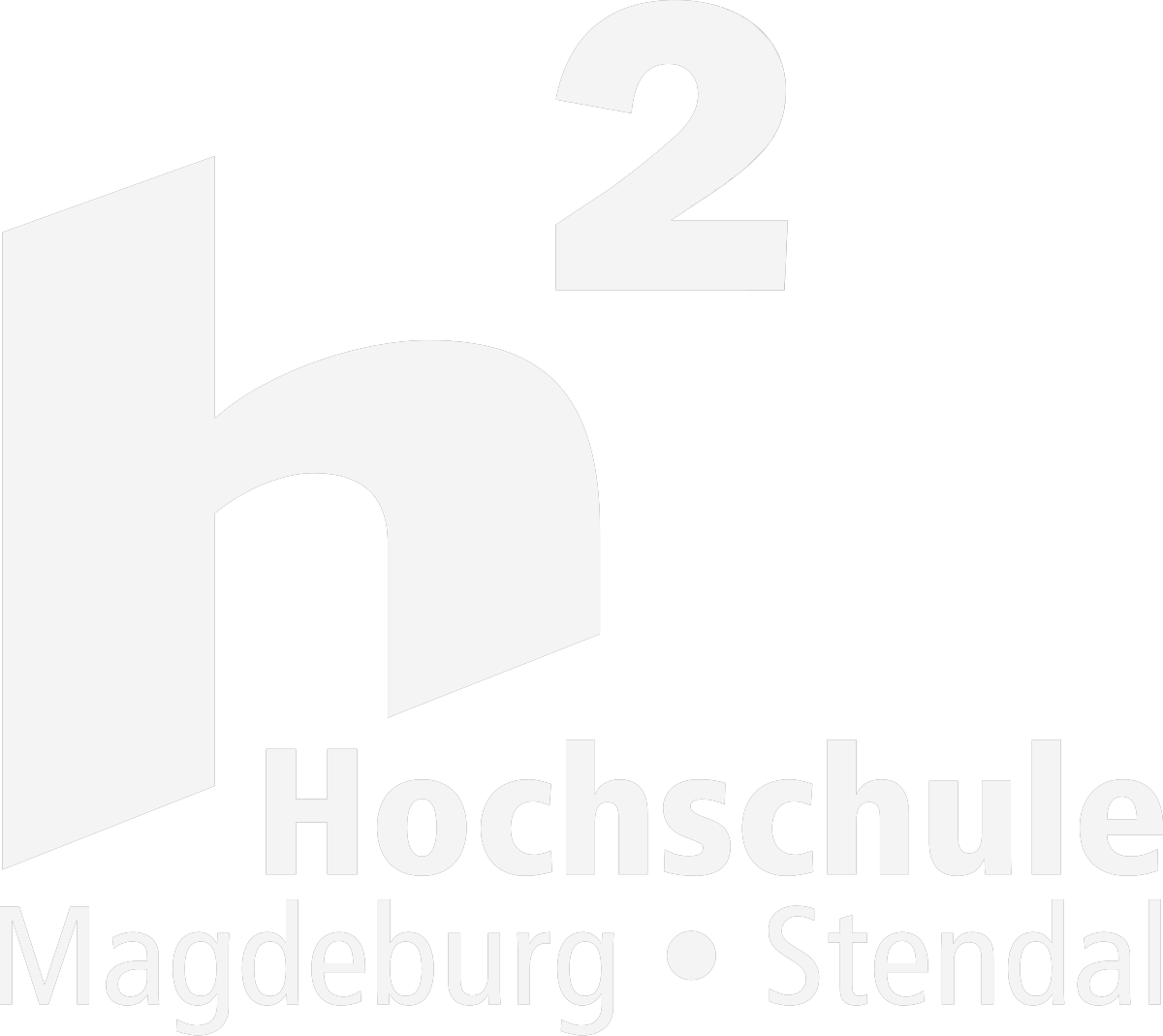In ländlichen Regionen, insbesondere in der Altmark, mangelt es an Vernetzung zwischen MINT-Bildungsakteuren (Mathematik, Informatik, Naturwissenschaften und Technik) und der regionalen Wirtschaft. Dieser Mangel führt zu eingeschränkten Bildungschancen für Kinder, Jugendliche und insbesondere bildungsbenachteiligte Schülerinnen und Schüler. Zusätzlich fehlen in solchen Regionen oft die Strukturen und Möglichkeiten, um praxisnahe MINT-Prozesse erlebbar zu machen und den Zugang zu solchen Bildungsangeboten zu fördern.

W:INT Altmark vereint zentrale Akteure der MINT-Bildung und der regionalen Wirtschaft, um eine kollaborative MINT-Infrastruktur aufzubauen. Ein zentraler Ansatz besteht in technologieorientierten Schülerfirmen, die reale MINT-Prozesse für Kinder, Jugendliche und Familien zugänglich machen und dabei nachhaltige Partnerschaften mit lokalen Unternehmen fördern. Das Projekt legt besonderen Wert auf einen kollaborativen „Making“-Ansatz in Förderschulen und Jugendzentren, der insbesondere Mädchen und bildungsbenachteiligten Schülerinnen und Schülern in ländlichen Gebieten Chancen bietet. Dieser praxisorientierte Ansatz birgt großes Potenzial, um intrinsisches, selbstgesteuertes und konzeptorientiertes Lernen sowohl in informellen als auch in formalen schulischen und hochschulischen Kontexten zu fördern. Der Making-Prozess ermutigt zum Experimentieren und verbindet praktisches Schaffen mit der Nutzung digitaler und analoger Werkzeuge.
W:INT Altmark vernetzt Akteure der MINT-Bildung mit der regionalen
Wirtschaft zur gemeinsamen MINT-Struktur. Zentrale Methode bilden
technologieorientierte Schülerfirmen. Diese machen reale MINTProzesse für Kinder, Jugendliche und Familien erlebbar und binden regionale Wirtschaftsunternehmen nachhaltig ein. Der kollaborative Making- Ansatz in Förderschulen und Jugendhilfeeinrichtungen schafft Zugänge für Mädchen und bildungsbenachteiligte Schülerinnen und Schüler besonders in ländlichen Räumen.
Um die Zielgruppe gezielt anzusprechen, planen die Netzwerkpartner, Making-Workshops in Schulen, Jugendzentren, Kindergärten, Tagesstätten und auf lokalen Veranstaltungen anzubieten sowie über digitale Plattformen in ländlichen Regionen zu verbreiten. Zur aktiven Einbindung der Familien werden diese Workshops durch MINT-Cafés ergänzt. Darüber hinaus sollen auch Eltern und Großeltern durch Veranstaltungen wie Elternabende an die MINT-Bildung herangeführt werden, um das Interesse an MINT-Themen über Generationen hinweg zu fördern.
01.09.2024 – 30.04.2027
- Hochschule Magdeburg-Stendal, Forschungsgruppe SPiRIT (Koordination)
- Otto-von-Guericke-Universität Magdeburg, Technische Bildung,
Prof. Dr. Frank Bünning (Leitung), Dr. Stefan Brämer (Anprechpartner) - Schüler-Institut für Technik und angewandte Informatik SITI e. V.
Dr. Hannes König (Leitung)
Mitarbeiterin (Anprechpartnerin) - Unternehmernetzwerk Altmark UNA
Frank Barniske
- Bundesministerium für Bildung und Forschung (BMBF, WBC2019)
Valeria Rademeier, M.A.
Projektkoordination
Soziale Arbeit
Hochschule Magdeburg-Stendal
valeria.rademeier@h2.de
Prof. Dr. Jens-Martin Loebel
Projektleitung
Wirtschaftsinformatik
Hochschule Magdeburg-Stendal
Jens-Martin.Loebel@h2.de
Prof. Dr. Michael A. Herzog
Wirtschaftsinformatik
Hochschule Magdeburg-Stendal
michael.herzog@h2.de


